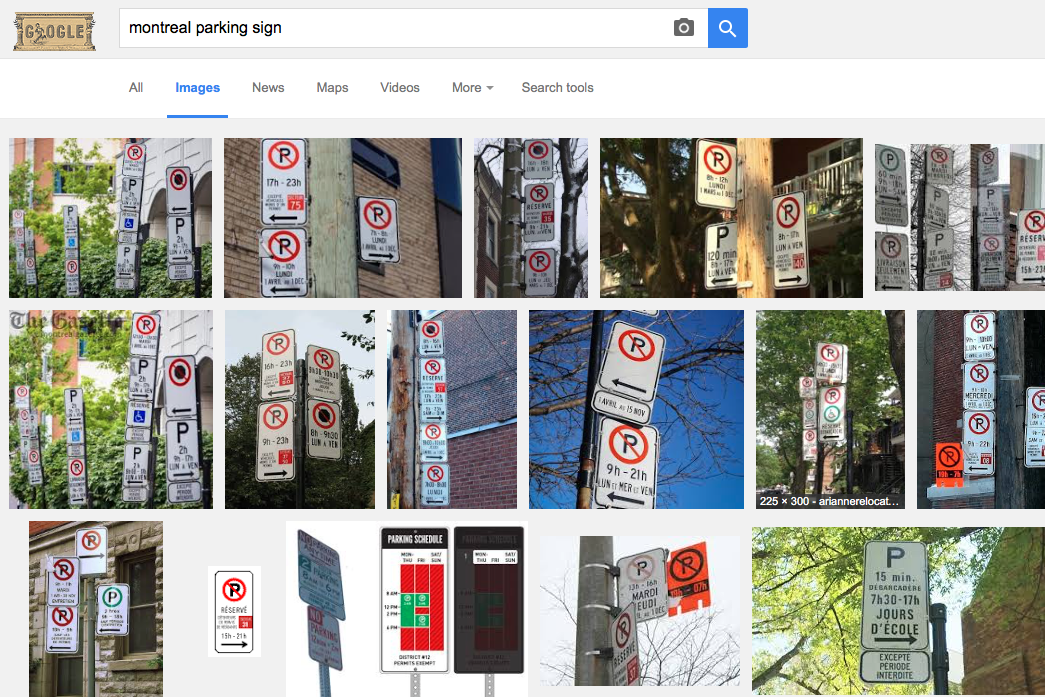The bugs did it !
Why couldn’t we ?
The digital age sees an enormous amount of information of various (and often dubious) quality and variety. Mobile devices allow almost anymore to share live events as they unfold.
This is unprecedented in the history of humanity.
The impact of such information on the global human psyche is not to be underestimated.
Information is power !
Whatever conspiracy theory you believed/or not or have heard of or seen in a movie is based on secret, top secret information.
The recent NSA controversy and Mr. Edward Snowden’s “unpatriotic” revelations coupled with the Anonynous group and Wikileaks are probably opening a Pandora box of information. And for the first time, humanity might be overwhelmed with information.
I am confident that we will learn to cope with this.
I have an unshakable faith in the human mind.
And I know that if bugs could do it, so can we !!
One of the first lesson we learned in my first cellular biology course (oh, in 1983… pfff… over 30 years to realize this….) is the concept of plasmids.
Plasmid are small pieces of DNA that can be transferred form one bacteria to another.
Genetic transfer… information transfer from one bug to another. Bugs talk ! They share information ! What kind of information can a …bug… need ? Well, for starters genes to fight antibiotics. Although the first antibiotic studied by Dr. Fleming (no, not the James Bond guy…) in the 1920’s sure looked like a discovery, more in depth investigation of century old bacteria demonstrated that these old bugs continued the gene to survival in an environment rich in antibiotics. But then, antibiotics were “discovered” in the 1920’s ?! Penicillin was given a “name” by Dr. fleming but the molecule itself existed long before that in a mold called penicillium. That mold had been growing on bread (you know, the green stuff…) for a while. And, as odds are concerned, they were generally present on our planet long before a human being could even articulate a word in an intelligent manner!
How can we explain then that resistance to antibiotics was first demonstrated years after the re-introduction of the antibiotics to the world ? The information to fight the bug-killer was there, dormant in some of the bacteria. After all, some of them had been in contact with the mold for millennia ! The trick for the surprised bug was to share the information with colleagues and with their progeny. It took a while but now antibiotics resistance is becoming quite a challenge for humanity… by the way, unless the pharmaceutical industry starts to re-invest in the development of creative new antibiotics molecules, humanity will lose this fight. Bugs reproduce much, much faster… going from 1 to a several billions individuals cells in a few days.
And they will survive by sharing information.
But what about information overload ? When this information was not required it laid dormant for many years.
But was not lost.
Bugs have a learning management system. They have had a learning management system for eons.
They had a way to filter the information, to store it until it would be needed.
So they have a way to store and use the information.
If bugs can share information to survive …
If bugs can filter the information and go back when required…
If bugs can efficiently use information…
SO CAN WE !!
© Copyrighted material Aliter Concept 2015. Please do not print or copy without permission from the author.
BUT DO SHARE IT using the social network buttons !!




